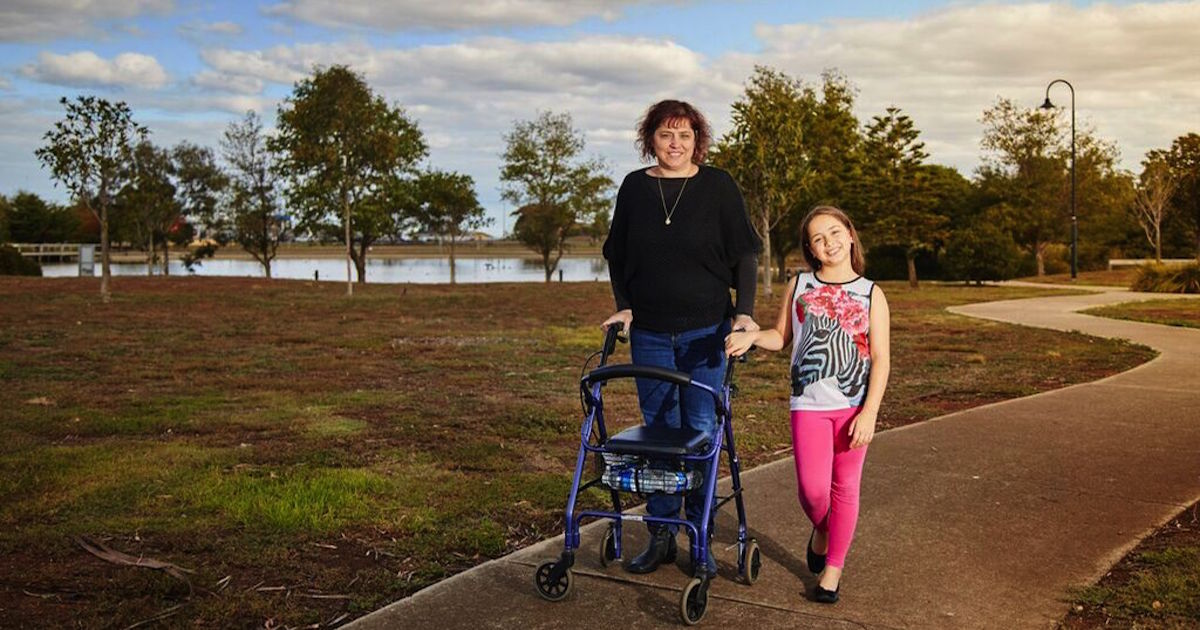Guide To The Causes Of Hand Tremors
Stroke

A stroke develops when normal blood flow to the brain is interrupted or reduced. This results in a lack of oxygen to the brain, causing brain cells to die. Strokes are considered medical emergencies. Stroke symptoms include weakness in one limb or side of the body, walking difficulties, trouble seeing, as well as trouble speaking and understanding speech. A sudden, severe headache often occurs as well. Patients who have even one of these symptoms should be examined in the emergency room. Doctors can give the patient a medication that dissolves blood clots and helps restore blood flow as a stroke treatment. However, this medication only works if it is administered within a few hours of the stroke.
Even with treatment, patients who have had a stroke may have complications. These complications include speech and walking difficulties. Hand tremors could develop due to a loss of muscle control. When they are the result of a stroke, tremors usually affect one hand. Physical therapy is typically recommended for individuals recovering from a stroke. This helps patients regain some strength and function in the affected area.
Multiple Sclerosis

Multiple sclerosis is a condition that affects the central nervous system. Patients with this condition may experience hand tremors (usually in one hand). They may also have weakness and numbness in the affected limb. Symptoms may be intermittent in cases of relapsing-remitting multiple sclerosis. However, roughly seventy percent of patients will eventually develop secondary-progressive multiple sclerosis. In this form of the disease, symptoms get progressively worse, and symptom progression continues even if there are still periods of remission. Doctors diagnose multiple sclerosis by performing a neurological examination and conducting tests such as blood tests, MRI scans, evoked potential tests, and lumbar punctures.
Patients with the relapsing-remitting form may get some symptom relief through certain injections. Examples of such injections include beta interferons and glatiramer acetate. Patients may also want to consider oral medications such as fingolimod. These medications can help reduce their relapse rate. Infusion treatments can help patients with some forms of progressive multiple sclerosis, and physical therapy may be beneficial.
